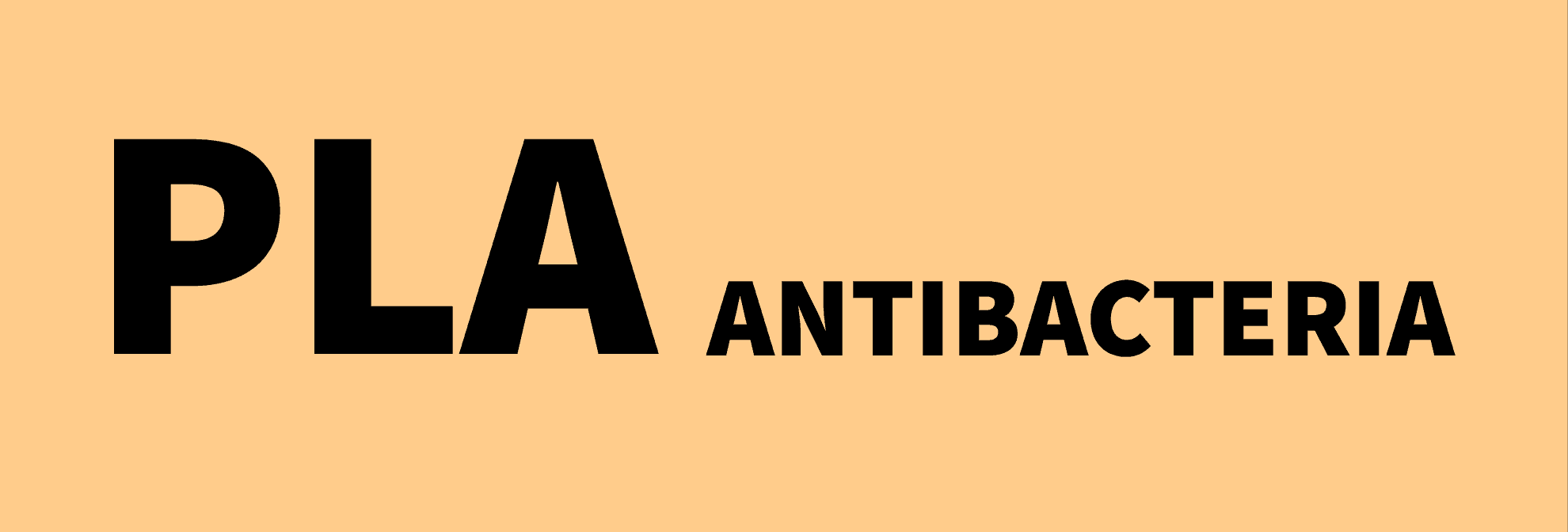BVOH
Support avancé soluble dans l'eau
Compatibility:
BigRep's BVOH support material is an ecologically friendly advanced water-soluble filament that eliminates post-processing for 3D printed parts. Created for use with dual-extruder printers, BVOH can be used in tandem with any other material to provide efficient support. It has been optimized for improved melt flow, eliminating concerns of hotend clogging that come with other soluble filaments.
Due to BVOH's ability to support heavy prints and the support-removal post-processing it eliminates, it's ideal for printing complex, ready-to-use prototypes and objects with large overhang or otherwise complex geometries.
BVOH easily dissolves in water - dissolving faster in higher temperatures - cleanly freeing parts from support structures without manual post-processing.
HIGHLIGHTS:
- Water-soluble
- Supports heavy prints
- Nontoxic
- Odorless
Physical properties:
| Material: | Butenediol vinyl alcohol copolymer |
| Filament Sizes: | 750g, 2.5 and 4.5kg (8.0 kg on request |
| Diameter: | 2.85 mm |
| Density: | 1.14 g/cm³ |
| Flexural Modulus (ISO 178): | 2200 MPa |
| Tensile Strength (ISO 527): | 34 MPa |
| Young's Modulus (ISO 527): | 78 MPa |
| Vicat Softening Temp (ISO 306): | ≺60 °C |
Recommended printing conditions:
| Nozzle Temperature: | 190 °C |
| Print Bed Temperature: | 60 °C |
| Environmental Temperature: | n.a. |
| Printing Speed: | >30 mm/s |
Additional comment: Material is sensitive to moisture and should be stored in dry conditions at all times.






